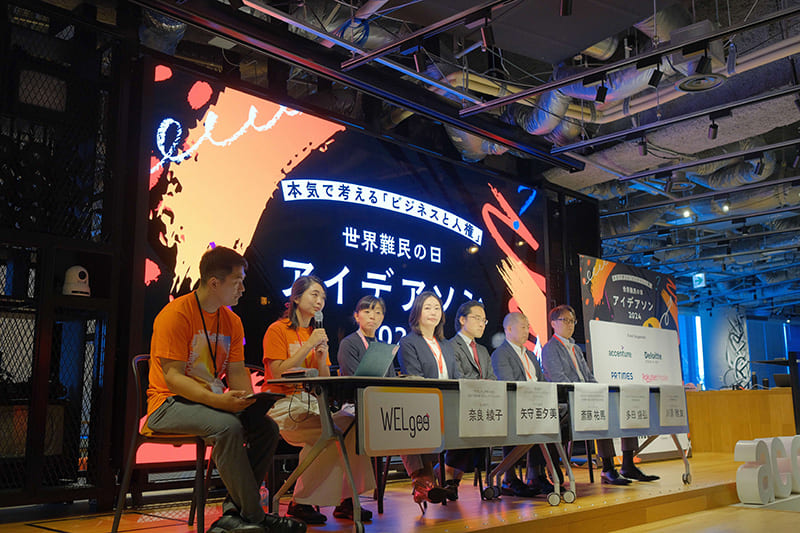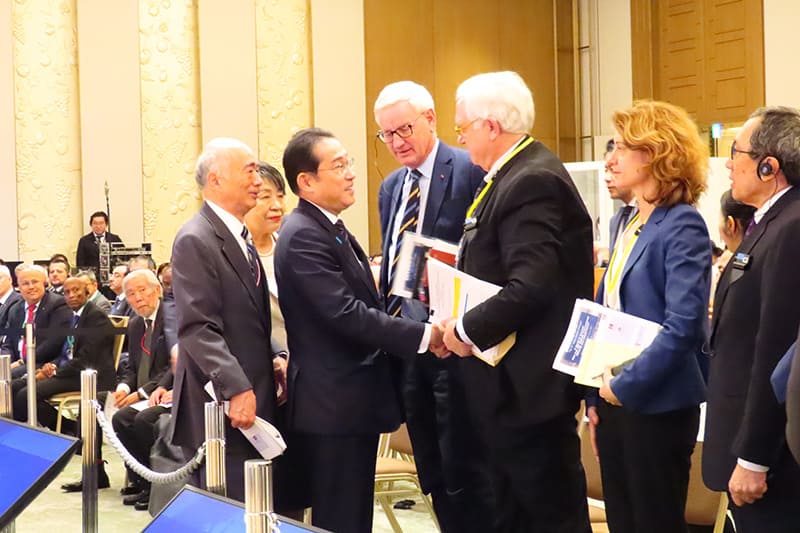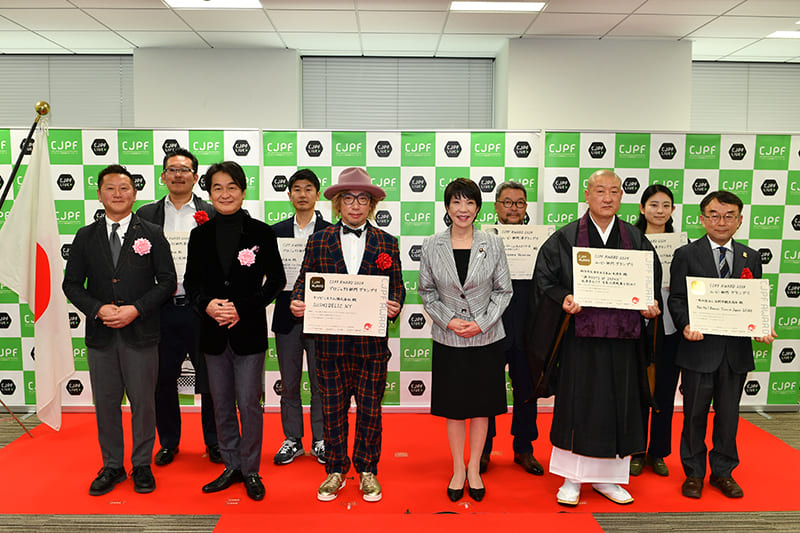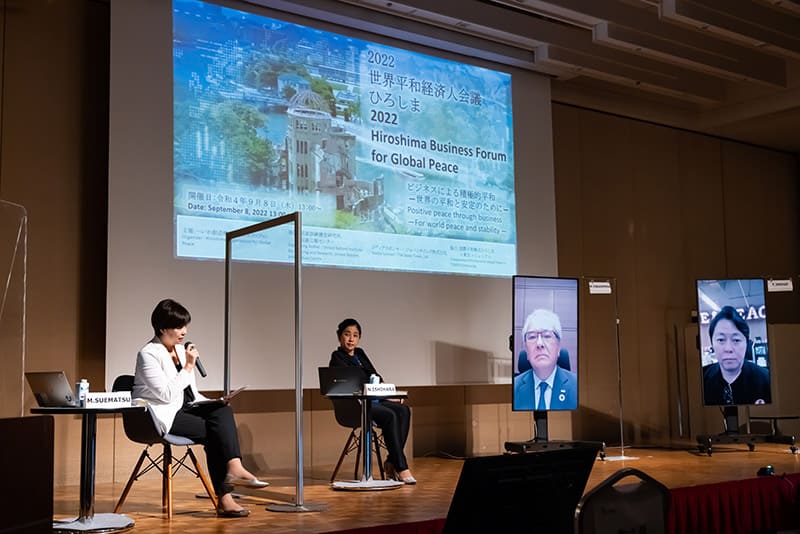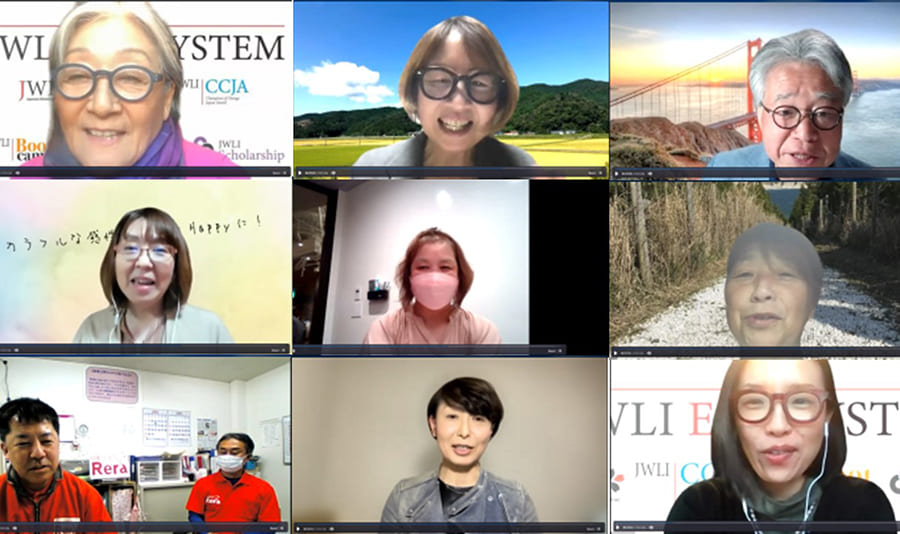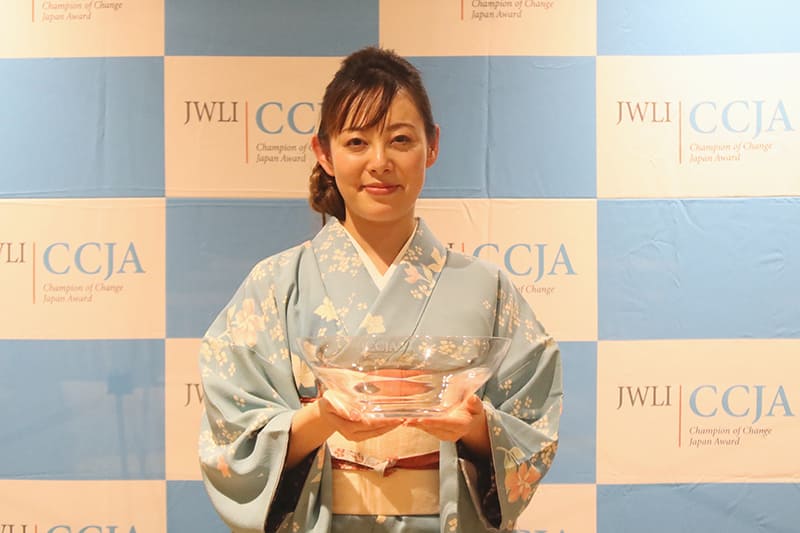December 21, 2021
WELgee founder takes initiative on opening doors for refugees
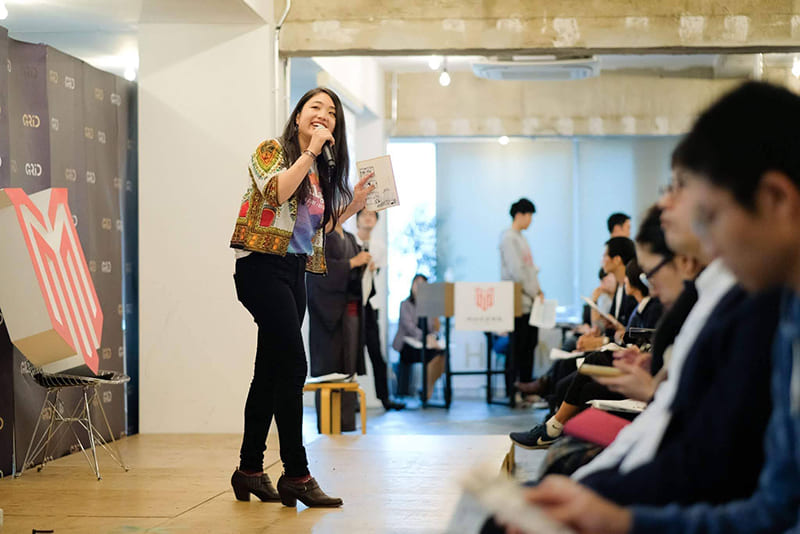
For her work with refugees in Japan, Sayaka Kankolongo Watanabe had the honor of being among the recipients of the 2020 CCJA award (Champions of Change Japan Award). The award, established by the Fish Family Foundation in 2017, highlights the efforts of female leaders in Japan who actively contribute toward addressing the most pressing issues facing their communities.
Champions of Change winners come from all walks of life, and Watanabe is no exception. She first became interested in refugee issues as a university student intern in Bangladesh working for the U.N. Development Programme. In her studies, she had learned a lot about international relations and peace-building, but “what I learned in books and what I experienced in Bangladesh were totally different.” She spent time with indigenous people who could not include Bangladesh in their future plans due to persecution. “For me, that was the first time I met people who are not protected by their own government,” she said.
In 2016, she founded WELgee, a nonprofit organization focused on helping refugees and international migrants to overcome barriers and acclimate to life in Japan.
WELgee: ‘Welcome refugee’
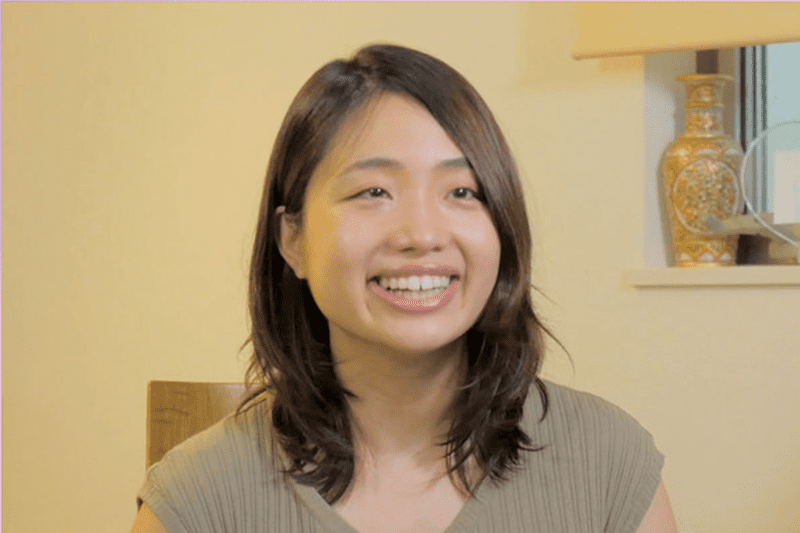
Religious persecution, discrimination, war. There are a host of reasons why refugees are forced to flee their home countries, and some end up in Japan. After an arduous application and evaluation process, the vast majority are tragically not granted refugee status and are forced to return to an uncertain fate.
“We know that no country can accept 100% of refugees, but while some countries accept more than 60% of refugee applicants, Japan accepts less than 1%,” Watanabe explained. WELgee is one group that is trying to close the gap by collaborating with private sectors, petitioning the government to be more proactive, and empowering refugees directly.
According to Watanabe, the average waiting time for refugee application processing is about four years and four months. “Even though they have to wait so long, most know they will not be accepted,” she said. But what do they do in the meantime? This is where WELgee steps in.
At its core, WELgee is a supportive community that assists refugees with their most pressing needs: searching for jobs, learning Japanese and other skills useful in their career, stabilizing their legal status through corporate-sponsored work visa, and establishing trusting relationships with the local community. “The first step is always community-building,” Watanabe said. Even with well-meaning groups like WELgee, there is sometimes skepticism. As Watanabe explained, “Unfortunately, there are stories of human trafficking or smuggling operations that pose as human rights organizations, so that is why building trust is so important.”
Upon immigration, some are granted work permission or are already highly qualified with at least a bachelor’s degree. For them, WELgee has been running a successful career program. WELgee has created a network of partnerships with Japanese companies looking to hire international talents and with schools for language training and further education when needed. However, Watanabe made clear that the partnerships are not just about employing refugees as philanthropic action: “The company hires them for business growth because they see potential in the international talents with refugee background ” At the same time, the refugees are getting jobs in industries they want to work in. WELgee has now helped 14 people to get jobs related to their background skills and training, an average of one refugee every two months. While Watanabe admits that this is not many, WELgee isn’t “just about the number of employed” but also the quality of the employer-employee relationship. “There are companies who want to hire many refugees as underpaid labor and not pay insurance — that’s not the kind of organization we introduce our community members to.”
Others are not so lucky on arrival and are not granted any visa or work permission at all. If not detained, they may be granted provisional release. “They have no money, no place to stay and no insurance. For them, there’s nothing we can do legally now,” Watanabe explained. In the future, WELgee hopes to create a pathway for these refugees to be granted a visa and work permission through employment. She continued: “The government knows very well that the working population in Japan is shrinking. Refugees have skills, they want to work, and many have already been living in Japan. All they need is a stable visa status.”
A brighter tomorrow
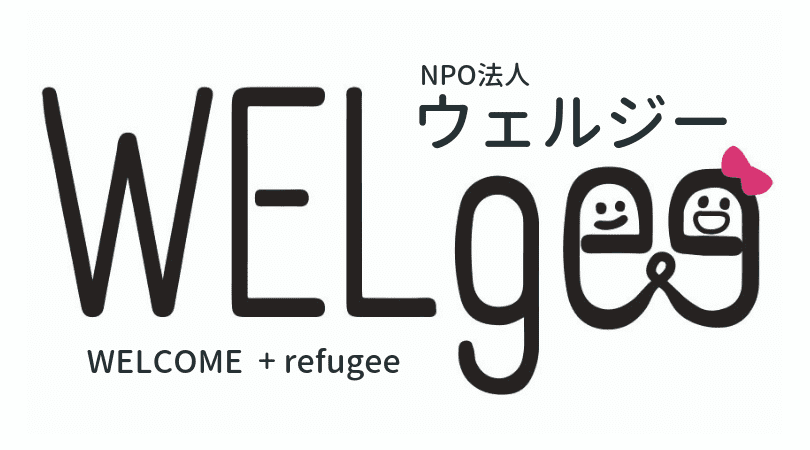
As part of its initiatives, WELgee is focusing on youth. It recruits university student volunteers to help with day-to-day operations and to increase visibility of refugee issues. “Students interested in international issues are really helping out. The last two years have seen an increase in student internships because they couldn’t study abroad due to COVID.” Watanabe is also a sponsor of the Japanese Women’s Leadership Initiative (JWLI) scholarship, which grants four deserving foreign women already in Japan full university tuition, a living allowance, as well as Japanese-language and mentoring support.
Watanabe outlined WELgee’s goal for 2025: to provide career education and skill development opportunities for 400 new arrivals. Under a social movement theory called the “3.5% rule,” it takes only 3.5% of people to innovate in order to change society. “I don’t expect the Japanese government to take the initiative, so that’s why we are doing it with private sector first and trying to make a difference.”

